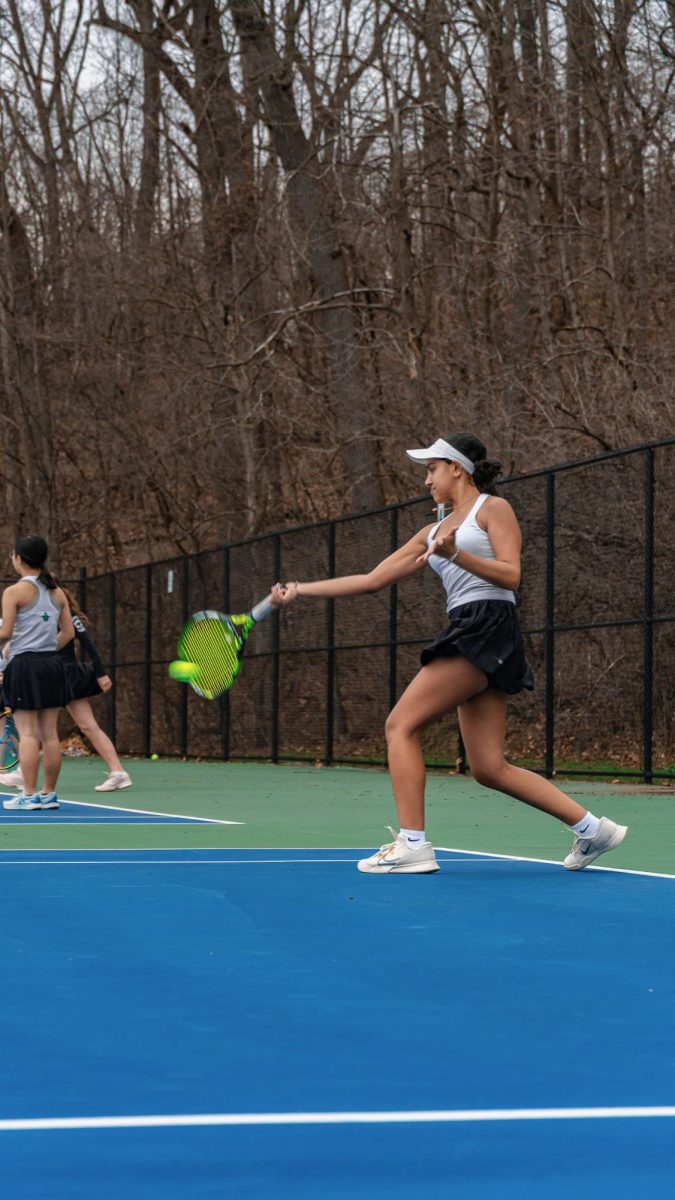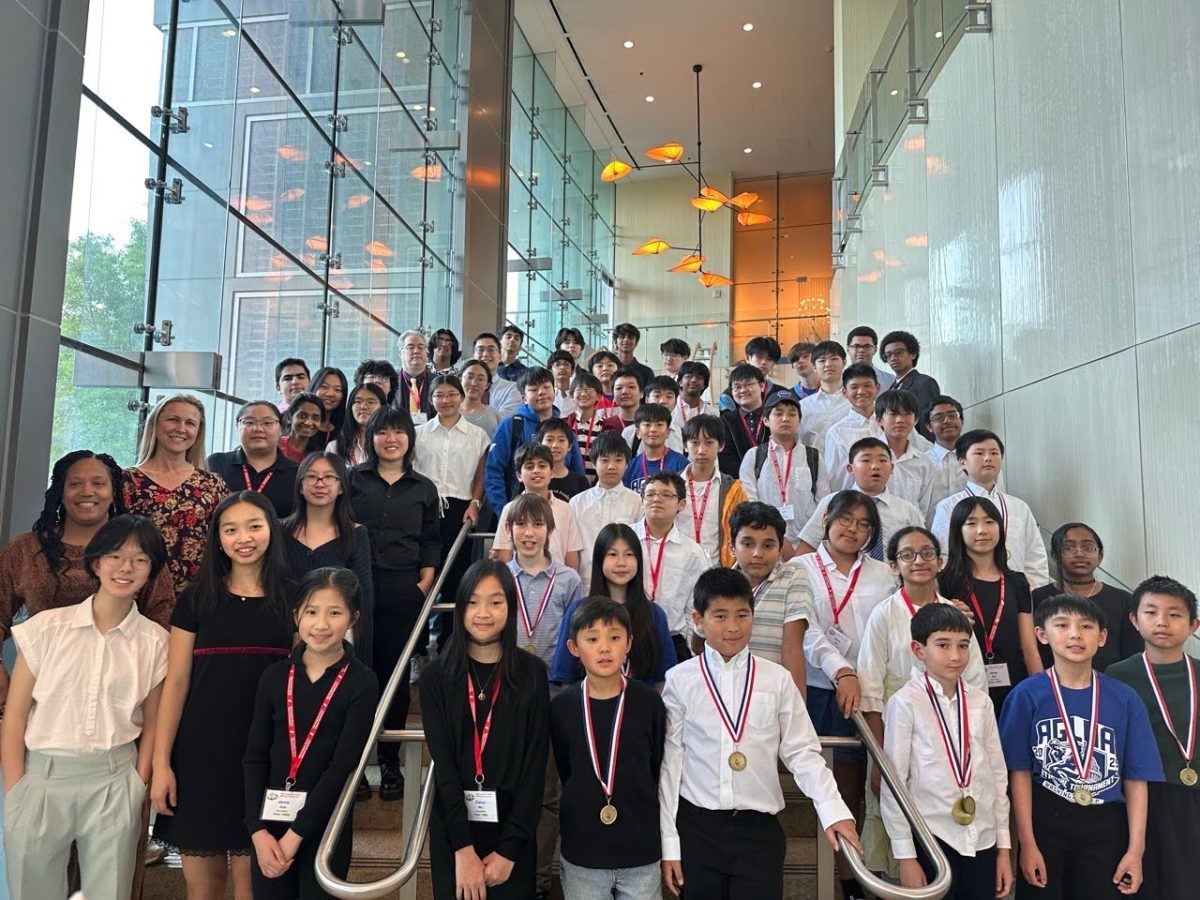Senior Kevin Trego-Galindo works the maximum number of hours a week to earn additional income for himself and his family.
He first started working part-time two years ago. Now over 18 and no longer a legal minor, he works long hours as a cook at Olga’s Kitchen. His responsibilities include preparing dishes, cleaning silverware, dishwashing and closing the shop.
“I feel (young people) should start working from a young age so they know the hustle,” Trego-Galindo said.
He said the money that comes with working part-time has taught him the value of hard work.
“It’s great to see you work hard and earn money,” Trego-Galindo said. “You can buy whatever you want: new clothes, new games.”
But he is not the only teenager clocking hours at work.
According to the U.S. Bureau of Labor Statistics, 55 percent of young people ages 16 to 24 were employed in July 2023. The youth labor force has experienced a slight increase since the COVID-19 pandemic.
Money remains a motivator for young people working part-time.
According to the U.S. Department of Labor website, “The federal minimum wage for covered nonexempt employees is $7.25 per hour.”
Michigan sets one of the highest minimum wage rates in the country. According to the Michigan Labor and Economic Opportunity website, effective Jan. 1, 2024, Michigan’s minimum wage increased from $10.10 to $10.33 per hour, and the 85% rate for minors aged 16 and 17 increased to $8.78 per hour.
Huron High School’s work-based learning coordinator Allison Andres said working part-time offers valuable benefits for students.
“If students have the opportunity to work part-time, I definitely believe that it is valuable to them,” Andres said. “Working part-time teaches students valuable time management skills and helps them budget their money. When they pay taxes, they know how the money is applied. If they haven’t worked or taken personal finance, they won’t learn that until they get their first job in college.”
In a 2019 Rutgers Education and Employment Research Center paper on the impact of student work during college, co-authors Daniel Douglas and Paul Attewell observed a positive correlation between paid work during college and higher post-graduate earnings.
Regardless, Andres reminds students to stay informed on child labor regulations. She said that employers might not know the legal requirements for employing minors or may exploit their lack of knowledge about these regulations.
The Michigan Department of Labor and Economic Opportunity specifies regulations for when and how many hours minors can work and workplace restrictions on their website. These regulations include: “Minors are limited to working no more than 10 hours in a day with a weekly average of 8 hours per day” and “16 and 17-year-olds may not work before 6:00 a.m. or after 10:30 p.m. Sunday through Thursday and 11:30 p.m. on Friday and Saturday when school is in session and 11:30 p.m per week when school is not in session.” However, the Youth Employment Standards Act does not apply to all groups of young people, such as minors working in businesses owned and operated by their parents.
Working part-time also cuts into time spent on school and enrichment activities.
Senior Lamarana Diakite started working part-time in December. She works three times a week as a server at a retirement home.
“I was like, ‘It’s my senior year. I need to be independent and start making my own money,’” Diakite said.
She said her part-time job prepares her to become a pediatrician.
“It’s really cool,” Diakite said. “I get to have an experience serving people before going to college.”
But she cautions her classmates from rushing to find a job at a young age.
“Don’t rush it,” Diakite said. “Sometimes, the people who work part-time don’t have time to focus on school. Make the right decision when you’re deciding whether to get a job because you have your whole high school career to focus on.”
Students can potentially receive school credits for working part-time or look into work opportunities by reaching out to Andres.










